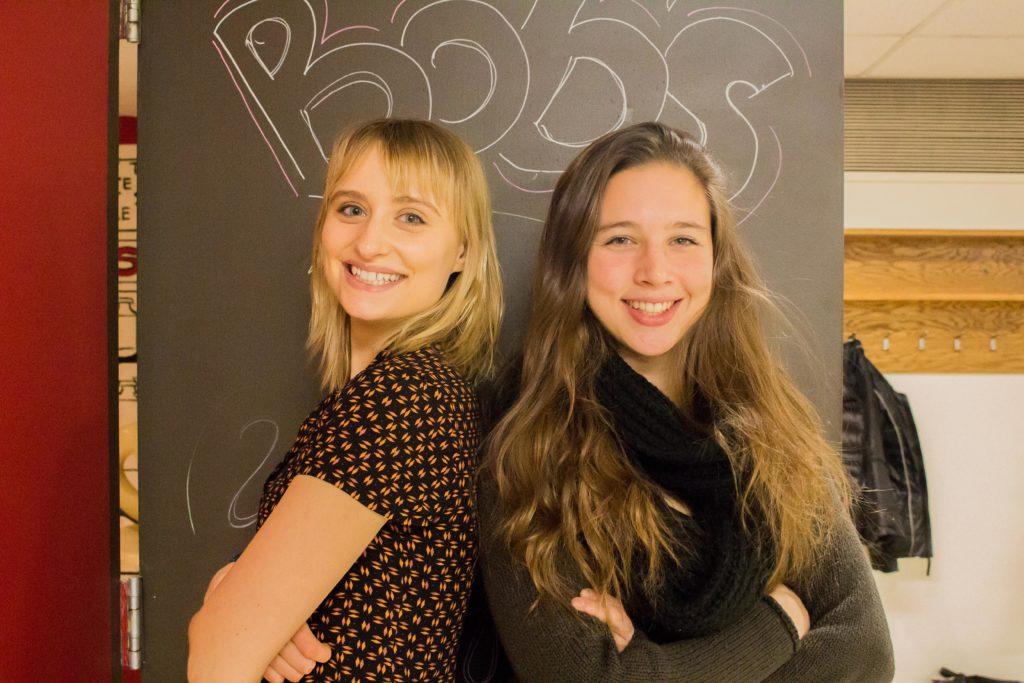
Acting as a bridge between faculty and students, the English SEPC helps coordinate events, get students interested in the English major and spread information about the English department. The members of the SEPC include Andrea Baumgartel ’19, Steven Duong ’19, Christian Clark ’18, Megan Tcheng ’19 and LilyRose Weiss ’18. However, only three members of the group are present on-campus as the other two are studying abroad.
“This year it’s been a little tricky because we have five of us total, so we have three of us on-campus for the fall,” Baumgartel said. “We’ve mostly been involved with doing faculty review, interviewing students and putting together evaluations of faculty in the English department and preparing gift baskets for the intro English classes.”
The English SEPC sponsored their first pub quiz of the year on Nov. 29 in Bob’s Underground Café, drawing a large crowd during a busy time in the semester. Some of the groups that attended had names that punned on notable works of literature and one group called themselves “Cliterary Analysis.”
“We sponsored two rounds. They were English-related,” Weiss said. One of the questions asked about the infamous neologism “Frindle.”
The group plans to host more events once all their members are on-campus. They will also continue to hold traditional events. Baumgartel said, “Every spring we have a department-wide picnic. Usually, a professor will host at their house and you have to be a declared English major to attend. It’s a nice end of the year thing.”
With the number of humanities majors declining nationwide and the rise of STEM majors, the English SEPC plays an important role in facilitating communication between faculty and students.
“The faculty have been using us as a resource. Our faculty are aware of [the trend] and trying to bump back against that,” Weiss said. “We actually have a really strong English major here at Grinnell in terms of the numbers we’ve maintained.”
Some believe that the Digital Humanities will be the saving grace of the humanities, making it more relevant, though it, in some ways, the field defies traditional methods. The emerging discipline has recently become a part of many departments nationwide and Grinnell’s English department has embraced the new mode of analysis.
“I definitely see it popping up intensely at Grinnell right now. There are a couple of courses taught by Erik Simpson,” Weiss said. “I know next semester he’s a teaching a class that involves computer science, actually, and the way it can be used to analyze texts. I know, personally, I’m still getting used to the idea. I’m a little old fashioned — writing in notebooks and reading physical books. I know it’s important especially in critical theory. I took a class last year on Ulysses and we used a lot of digital humanities tools to analyze that text because it was such a dense text, it was really helpful.”
“Being able to use any new tools necessary to shed new meanings and importance on words that we haven’t realized before can be valuable, not just in criticism,” Baumgartel added.

















































